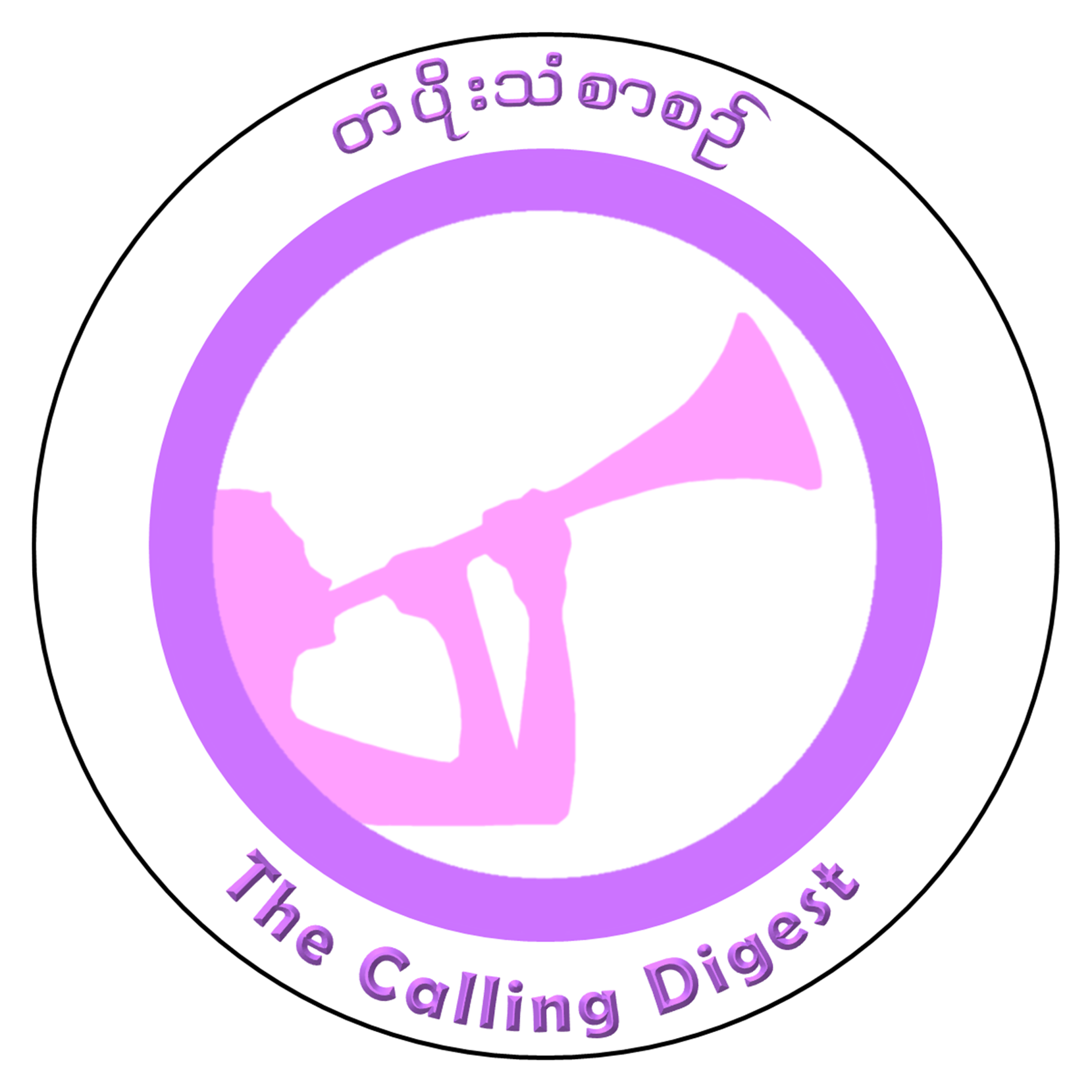Understanding Violence and Vulnerability

If peace, as we have seen, is not a final achievement but a continuous and strategic act of construction amid impermanence, then violence and vulnerability too must be re-understood.
Not as mere deviations from some imagined essential human harmony,but as constant, recurring conditions — the shadow side of a world that is constructed, fragile, and absurd.
Violence and vulnerability are not "accidents" in a fallen system.
They are not just wrong turns we take from a natural, peaceful state. They are things that always happen because the world is made by us, it breaks easily, and things don't always make sense. Violence and feeling weak are not mistakes in a broken system. They are signs that things always change, that we depend on each other, and that people will always disagree and struggle.
Because of this view, our job is not to get rid of violence and weakness. That's an impossible and maybe even dangerous idea. Instead, our job is to react to them in a smart way, with kindness. We must not let them catch us, pull us in, or ruin us.
When people think things are fixed or natural, they often see violence as completely bad – like it totally breaks the "natural" order of peace and fairness.
But if we think about the world more simply and deeply, we understand violence differently. It's a way people use force to make others accept their ideas, their rules, or their need to survive in a world where nothing is for sure. Violence doesn't come from people being born "evil." It comes from being afraid, having no hope, from fights we create, from when we stop talking and working things out, or from never learning to help each other in the first place.
So, violence is not some strange thing that suddenly appears. It's always an option people can choose when talking, working together, helping each other, or being patient all break down – or were never even built.
Instead of just saying violence is bad from a high place, a more helpful way to think would ask: What made people feel that violence was the best, needed, or only way for them? How can we find smarter ways to deal with problems and power fights that are not violence? How can we stand up to violence without just giving up or thinking it's okay to be helpless?
This does not mean saying violence is fine. It means understanding why it happens because of how systems work and what choices people make. If we understand this, we can stop it, fight it, or calm it down by finding better ways to help each other that last, and by building helpful groups and rules.
In ways of thinking that see the world as fixed, feeling weak is often seen as shameful. Something you must get rid of by being strong, safe, or perfect.
But if we are more honest and simple, we see that feeling weak is always here. It's what makes us open to pain, but it also makes good things possible in a world where we are connected to others, where you can't be sure what will happen, and where things are made by us. Feeling weak is not a strange mistake to be ashamed of. It is the basic stuff we need to build connections with others, to work together for a better world, and to do the right thing. When we try to pretend we are never weak (like trying to be completely safe, totally unable to be hurt, or in charge of everything), it always creates more fighting, leaves more people out, and makes things break more easily.
Instead of pretending weakness isn't real or trying to get rid of it, a smart and good way to act in the world would focus on:
- Seeing and accepting that feeling weak is something we all share. It's just part of being human, not my problem alone.
- Creating groups and rules to help us be strong together, protect each other, and keep our respect. But without acting like we can ever get rid of weakness completely.
- Smartly sharing the problems and risks, so that no one group has all the hard times while others are safe and special.
- Giving people power to act, even those who are easily hurt. But without just telling stories that only show them as victims, which takes away their respect and their chance to act.
In this view, one of the best ways to build peace is to protect weakness wisely. Not to say it doesn't exist, not to try to make it disappear. But to make it easier to handle, give it meaning, and share it. This helps people who can be hurt live and do well together – maybe only for a while, not perfectly, but in a true way.
So, in our thinking, we do not look for perfect places where violence and weakness are gone forever. We know they will always be here, but we do not give up because of that. Instead, we smartly build spaces and ways of living where violence happens much less, and where feeling weak is treated with respect, not looked down on. We stop ourselves from wanting to control others all the time, and we stop ourselves from just giving up hope.
Peace is not simply ending all fighting. It is the skilled and kind work of taking care of conflict and feeling weak without letting them take over and destroy us.
